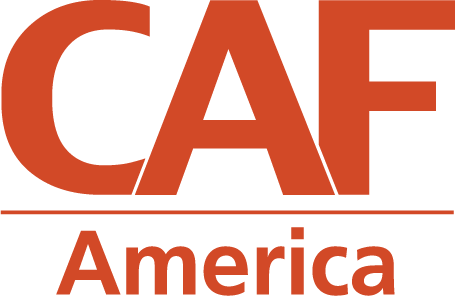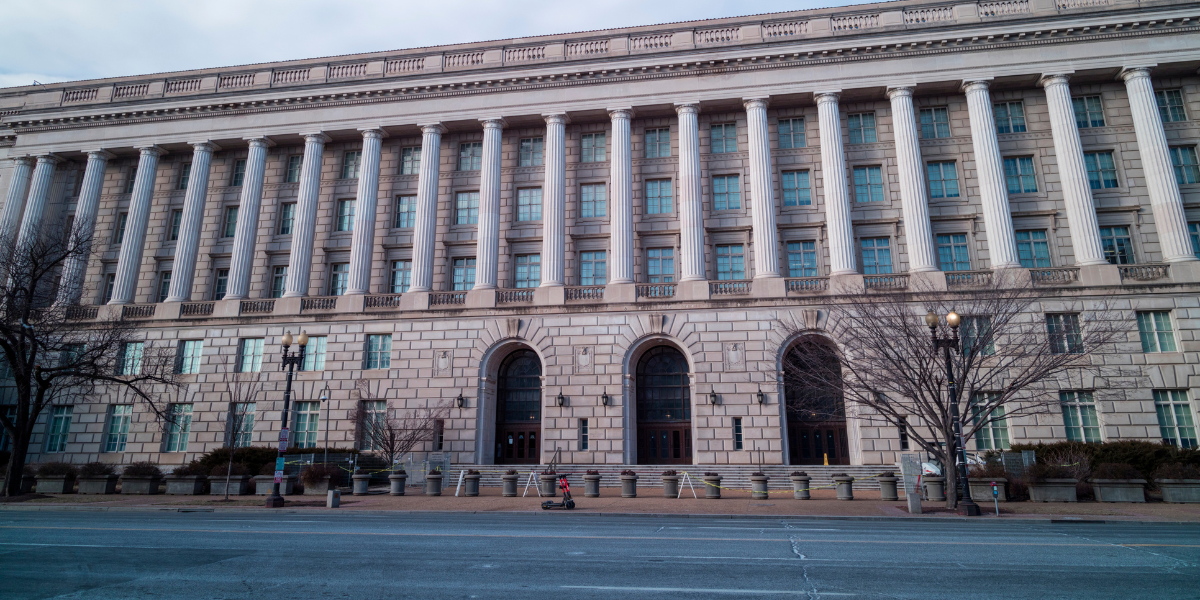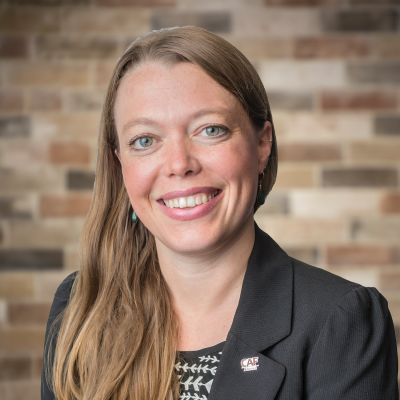In November 2023, the IRS published proposed regulations to guide the administration and regulation of Donor Advised Funds (DAFs). While there are many potential ramifications for DAF sponsors, specific parts of the proposed rules would have significant impacts on cross-border grantmaking managed through DAFs and DAF-enabled intermediary grantmakers. If implemented, these new regulations may reshape the space of intermediary grantmaking to foreign charities, but the structure provided for within the proposed update could also provide a stronger foundation on which future international donor-advised fund programs could be built.
The most far-ranging update in the proposed guidance is the implementation of a ‘facts and circumstances test’ to determine whether a specific account or fund would be considered a DAF. Most importantly, the IRS proposes to limit the ‘Single Identified Organization Exception,’ which under Section 4966(d)(2)(B)(i) of the Code exempts accounts that give to single organizations from being treated as DAFs. Under the new guidance, this exception would only apply to organizations that are registered US exempt entities under Section 501(c)(3) or government entities deemed equivalent by Executive Order 22 U.S.C. 288. So, for any grantmakers maintaining accounts or funds for the benefit of a single, foreign, organization, that account would be at risk of being considered a DAF.
The implications of this are seemingly minor but in reality may have a significant impact on organizations that act as fiscal sponsors in the US for foreign grantees. Non-DAF accounts are able to accept a number of donation types that otherwise are not deductible when made to a DAF, and are treated differently for tax purposes. Specifically, international fiscal sponsors should remember that:
- Unlike donations to fund programs and initiatives of a foundation, gifts to Donor-Advised Funds cannot be eligible for partial tax receipts, accounting for the fair market value of any benefits the donor may receive.
- If fiscal sponsor accounts were considered DAFs, donors to those accounts could be retroactively defined as donor advisors to the fund, and therefore subject to IRS self-dealing rules such as regulations surrounding disqualified persons.
- Increasingly, legislators are identifying DAFs as distinct from other giving vehicles managed by public charities, evidenced by their conflation with private foundations in the CARES Act of 2020 and Consolidated Appropriations Act of 2021, which dramatically expanded tax benefits for charitable donations to public charities in response to the COVID-19 pandemic.
In addition to this new test, the proposed guidance would provide much more specificity around how DAF sponsors can use Equivalency Determination (ED) and Expenditure Responsibility (ER). Most importantly, the draft rules state that DAFs making grants to non-501(c)(3) entities using ER must require their grantees to meet a number of criteria that originally applied only to the original grantor. Under the proposed changes, foreign DAF grantees may not make a grant using ER funds to a natural person. This makes it impossible for a DAF to make a grant under ER to fund direct programs such as scholarships, direct cash assistance programs, or other programs that disburse funds to individuals from ER-funded accounts. Instead, the draft rules affirm that Equivalency Determination is the best tool to use when DAF grants are advised to programs managed by non-501(c)(3) entities that give cash to natural persons.
Finally, the proposed rules clarify some assumptions about DAF payments that we at CAF America have long since incorporated into our policies and procedures. The document better defines allowable distributions and applies an excise tax framework to allowed and banned payment types. Most critically for fiscal sponsors of foreign organizations, under the proposed framework DAFs may not pay direct expenses or be invoiced directly for services, and may not hire someone or sign a contract with a service provider. There is a carve-out in this decision for “grant-related fees,” or costs relating to the administration of the DAF (eg. investment fees) or the transfer of the grant (eg. wire or FX fees). But overall, especially with the risk that any account would be considered a DAF, cross-border DAF sponsors and fiscal sponsors must be aware of this proposed change—especially if they are at risk of falling afoul of the more limited Single Identified Organization Exception.
Overall, these proposed guidelines are welcome in the DAF sponsorship industry. They would add structure and meaning to many currently undefined parts of our work. While there are important considerations for cross-border grantmaking from DAFs, CAF America is confident that our international work is not under threat. That being said, any international grantmaker should closely study the proposed changes and be prepared to adjust to the new regulatory environment if/when they come into effect.
If you are interested in learning more, we encourage you to watch our webinar from December 12 on these proposed changes.
Additional Resources
Those looking for more information on the full scope of the proposed guidance should consult resources such as:
KPMG, a global network of professional services firms, published a brief overview of the proposed rule, highlighting some of the key provisions and definitions, and noting that the rule is open for public comments until January 16, 2024. KPMG did not express any opinion or evaluation of the rule, but rather provided a factual summary for informational purposes.
Holborn Law, a law firm specializing in tax-exempt organizations, wrote an article criticizing the proposed rule, arguing that it would discourage private foundations from making contributions to DAFs, and that it would create unnecessary complexity and confusion for DAF sponsors and donors. Holborn Law also suggested some alternative approaches to address the concerns of the IRS and the Treasury Department, such as imposing a minimum payout requirement on DAFs, or requiring DAF sponsors to report the amount and timing of distributions from DAFs to private foundations.
RSM, a provider of audit, tax, and consulting services, published an article discussing the proposed rule in the context of the Treasury Priority Guidance Plan for 2022-2023, which lists the projects that the IRS and the Treasury Department plan to work on during the fiscal year. RSM noted that the proposed rule was one of the long-awaited guidance items on DAFs, and that it addressed some of the issues raised in Notice 2017-73, which was issued by the IRS and the Treasury Department in 2017 to solicit public feedback on DAFs. RSM also mentioned that the proposed rule did not cover some other topics related to DAFs, such as prohibited benefits and excess benefit transactions, which are expected to be addressed in future guidance.
Morgan Lewis Law published an explainer article on the proposed rules.
The Chronicle of Philanthropy, a news source that covers the nonprofit world, wrote an article reporting on the reactions of some DAF sponsors and donors to the proposed rule. The article noted that some DAF sponsors welcomed the proposed rule as a way to clarify the rules and prevent abuse, while others expressed concern that the proposed rule would discourage private foundations from supporting DAFs and create administrative burdens for DAF sponsors. The article also quoted some DAF donors who said that the proposed rule would not affect their giving behavior or preferences.
Ropes and Gray published a news alert on the proposed regulations.


